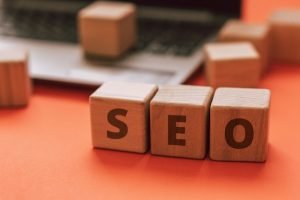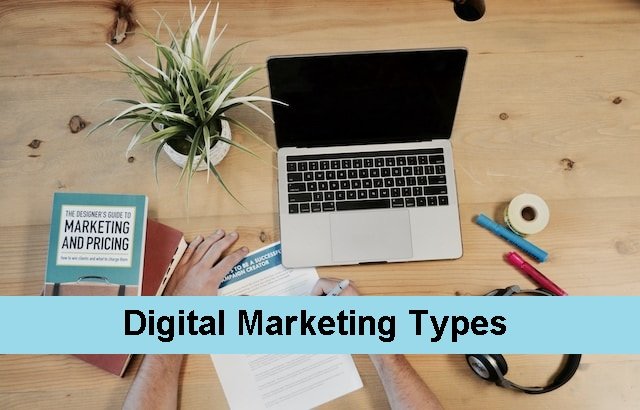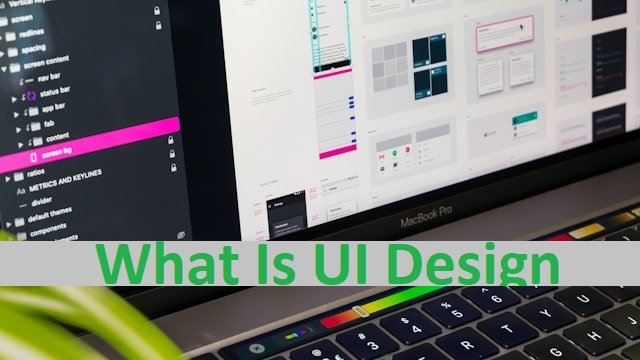Companies of all sizes have an online presence which makes the competition intense. Digital marketing is imperative for the sustainability and viability of any organization to thrive in this highly competitive environment. Its online marketing makes the brands connect with the customers using the digital communications tools available via the internet which are none other than emailing, social media, and messenger as prime marketing channels. In a nutshell, we can elaborate on digital marketing that uses and applies electronic devices while promoting and conveying messages through phones, computers, and other allied devices. Though is usually compared with traditional marketing where it was through billboards, printed handouts, print media, etc.
A Winning digital media marketing is a viable tool that can utilize Search Engine Optimization, PPC (pay-per-click), and available social media platforms.
Digital Marketing Strategies
1. B2B “Business to Business” Strategy:
In the business-to-business strategy, the clients have very long decision-making procedures and thus longer sales funnels, meaning the potential customer maturity period is considerably long through the sales funnel, whereas the sales funnel is subdivided into three components namely Top, Middle, and bottom. Business is usually based on logical explanation and evidence rather than emotional on the contrary formal approval requires feedback and approval from a group of people. It is focused on online lead generation and tracking other organizations that will require and purchase its offerings.
2. B2C “Business to Customer” Strategy:
In the business-to-customer strategy, the customer feedback and reply are quite better, In the B2C model the client feels good and emotionally satisfied with his decision to procure. The B2C strategy tends to be more effective in captivating the attention and admiration of the customers. The objective is to attract individuals and have them as potential customers.
Types Of Digital Marketing :
1. Search Engine Optimization:

Search engine optimization is a marketing tool and technically it is the art of making web pages more appealing to search engines and providing different factors to achieve the highest ranking on search engine results page (S.E.R.P.). The elements of web pages for search engines include Content quality, user engagement, and user-friendliness.
In addition to the technical aspects SEO is needed to optimize the back-end components i.e. URL structure, site loading time, etc. which can help search engines navigate better on the sites. The goal of this exercise is to rank on the first page, ensuring that a related query regarding the brand is fulfilled for the product in search. One needs to constantly monitor the performance of the pages and make changes to improve the ranking.
2. Content Marketing :
![]()
It is a marketing strategy that creates, publishes, and promotes content i.e. blog posts, and videos. emails and podcasts etc. It is used to increase brand engagement and attract visitors thus generating sales and leads. It focuses on building long-term relationships with target audiences by delivering premium quality content that educates and improves the presence of the target audience. Content marketing musters written, images, audio, and video and it could be a combination of a few or a mix of all the forms. The foundation of event marketing depends on Blogs that are written.
Blogs are written resources that businesses use to promote their products, chat about trends, and highlight their expertise. Most businesses publish blogs for their websites, but it’s also common to create guest blogs for other websites as a link-building opportunity. Blogs are primarily text-based and often create custom images and videos for their blogs to increase reader engagement.
3. Social Media Marketing:

It is marketing by bringing and engaging people online and creating brand awareness as a result the traffic increases while the brand awareness is enhanced and the products and services are highlighted. There are some very useful and watched social media platforms like Twitter, Facebook Linkedin, YouTube, and Instagram. Different social media platforms have different competencies and target audiences LinkedIn is much better for professional while other platforms like Instagram is much more approachable to younger youth.
4. Pay-Per-Click Marketing:

The creation and dependability of social media marketing if grossly dependent on the quality of content, engagement on the queries in a profound manner, posting schedules, support of professional people to streamline the posts at high time, and the identification and consumer behaviour. are vital.
Commonly referred to as ad PPC in the marketing arena it’s a form of digital marketing where one pays a fee every time someone clicks Or visits your ad. It is quite a viable form since one doesn’t have to pay a lump amount but only when someone clicks on the digital ads. It all depends on the added traffic and the visitors.
Google ads are one of the most evident types of search engines for the execution of PPC. It is based on the availability of spots on SERP which is filled and occupied immediately which are based on factors like Quality of ad, keyword match, quality of the page, and other allied factors. The ads are placed and positioned at the top of SERP so that it is conveniently searched.
5. Affiliate Marketing:

It is the process of promoting someone’s other business thus getting revenue out of it. One gets a commission every time someone purchases the products that are promoted by a promoter on the contrary the affiliate gets a monitory benefit as many times as he helps increase the sale.
Affiliate marketers have a multitude of strategies some depend and focus on one company, while others have many companies with as many merchants. The prime obligation is to have a firm understanding with the affiliates and retailers. Providing incentives and premade material to the affiliates is the responsibility of retailers to have their products succeed and be attractive.
6. Influencer Marketing:

Influencer marketing is technically working with someone who has a large following such as celebrities and industry well-knowns. The concept is that the influencers will appreciate and promote one’s products on social media to their followers.
It is imperative to have a partnership with a viable influencer to have a deep reach to the present and promising new potential customers
7. Native Advertising:

The concept of Native advertising is to fuse with the existing content where it is less obvious as advertising. The advent of native advertising is based on the consumers and potential customers thinking that well-placed ads are biased and oversee them.
On the contrary native ads provide information and light entertainment before gradually moving to the core advertisements/native ads are prone to be in a more comfortable zone than traditional ads, the reader will spend considerable time on the content and get infused with the proper advertisement.
8. Email Marketing:

The basic theme of email marketing is that certain attractive and promotional messages are sent before the potential customer clicks on them. The core competency of the email must be to but while dating old content around the individual,e, the subject line and the content body, while the quality of email the subscriber will experience,
The ability to apply marketing automation is more effective in meeting customer requirements more effectively and efficiently. The audience segment is prime to address potential customers and the presentation be more attractive and viable on the devices.
9. Mobile Marketing:

The most effective and cost-effective way to connect with potential customers is through mobile devices like smartphones etc, which could be MMS, SMS Mobile alerts, etc.
The content to be displayed on the devices must be attractive marketing-oriented, and geared up for mobile devices.
Benefits of Digital Marketing:
The outreach to a wider audience greatly boosted marketing parameters as it has a wide spectrum geographically available and can connect with large audiences. It is more effective than traditional marketing as its audience reach depth is considerable, Quantifiable results are achievable easily since the customer clicks. Visits are measurable, the data connection is precise and specific, The communication and connection with the customers is more interactive and real-time communications are very beneficial and more information sharing immediately.




